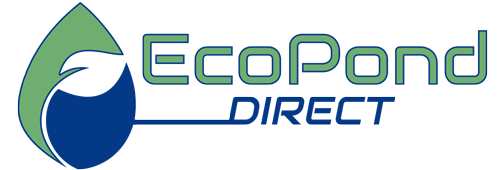
A Guide to Effective Pond Water Management
In this blog, we will delve into the essential aspects of pond health management and how using healthy pond chemicals can contribute to maintaining clear and vibrant pond water. A thriving pond ecosystem relies on a delicate balance of various factors, and with the right approach, you can enjoy the beauty of your pond while ensuring the well-being of its inhabitants.
Understanding Pond Health Management
Pond health management is the art of maintaining a harmonious environment within your pond that supports both aquatic life and the aesthetics of the water feature. Whether you have a small ornamental pond or a larger natural pond, the principles of pond health management remain consistent. At the core of it lies the need to maintain a balanced ecosystem, where water quality, aquatic plants, and fish coexist in harmony.
The Role of Healthy Pond Water
Healthy pond water is the cornerstone of a successful pond ecosystem. Crystal-clear water not only enhances the visual appeal of your pond but also indicates the absence of harmful toxins and imbalances. Clear water allows sunlight to penetrate and nourish aquatic plants, promoting their growth and oxygen production, which in turn benefits the entire ecosystem.
Balancing Act: Factors Affecting Pond Health
Several factors play pivotal roles in maintaining pond health, and understanding these factors is crucial for effective pond management:
- Water Quality: Regularly testing the water parameters such as pH, ammonia, nitrite, and nitrate levels is essential. Pond water that falls within the appropriate range ensures the well-being of fish and plants. Healthy pond chemicals can aid in stabilizing these parameters.
- Aeration: Adequate aeration is essential for maintaining oxygen levels in the water. Oxygenation supports the respiration of fish and beneficial bacteria, preventing anaerobic conditions that could lead to water quality issues.
- Aquatic Plants: Plants act as natural filters, absorbing excess nutrients that can lead to algae blooms and poor water quality. Proper plant selection and maintenance contribute to a balanced ecosystem.
- Fish Population: The number of fish in your pond should be in proportion to its size and filtration capacity. Overstocking can lead to excessive waste production, compromising water quality.
Choosing the Right Pond Chemicals
Selecting the appropriate healthy pond chemicals is essential to achieving desired results without negatively impacting your pond's ecosystem. When choosing chemicals, consider the following guidelines:
- Read Labels Carefully: Always read and follow the instructions provided on the product label.
- Size of the Pond: The size of your pond matters when determining the quantity of chemicals to use. Overdosing can harm aquatic life and upset the ecosystem's balance.
Wrapping up,
Pond health management is a multifaceted endeavour that requires careful consideration of various factors. Healthy pond water is the bedrock of a thriving ecosystem, and incorporating well-chosen pond chemicals can significantly contribute to achieving and maintaining that balance. As you embark on your journey to enhance your pond's health, always prioritize the long-term well-being of your pond's inhabitants and the ecosystem as a whole.
Want to learn more? Check out our other articles!
- Harnessing the Power of Pond Water Nutrients with Eco Pond Direct
- Harnessing the Power of Microbial Composting for Sustainable Living
